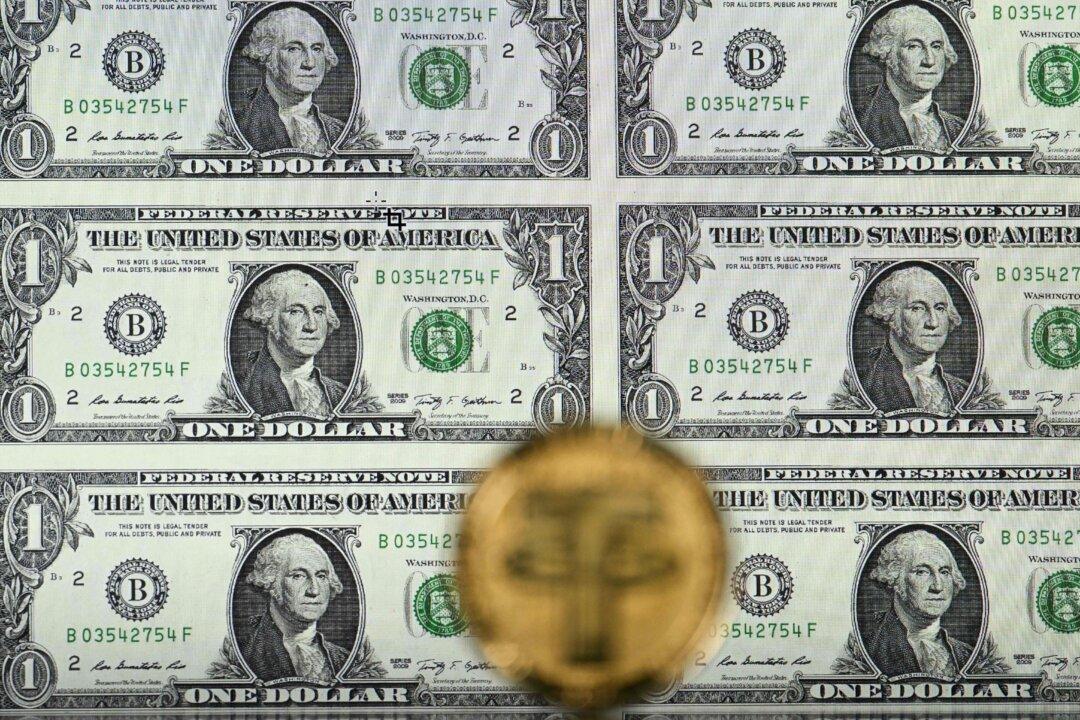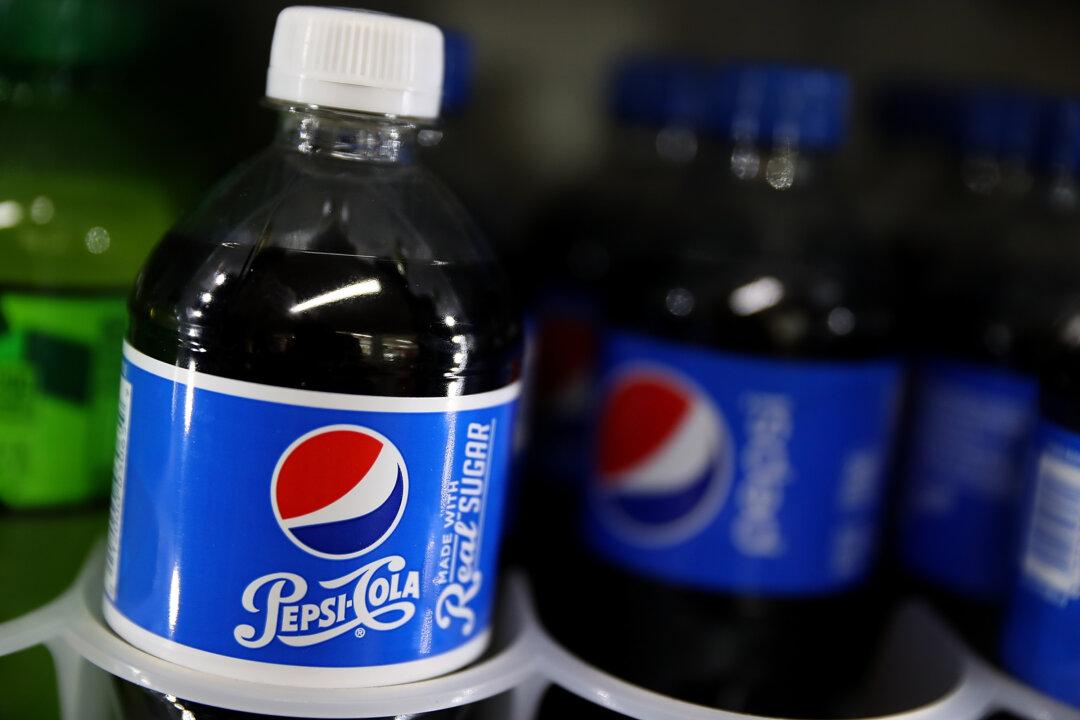As 2022 rolled in, A.A. Milne’s 1926 book “Winnie-the-Pooh” was among the many classic works to lapse into the public domain in the United States. But what impact will this have on the Walt Disney Co.’s long-running franchise based on the Milne characters?
What to Consider
Since Milne’s work is no longer protected by copyright, the text can be freely published by any company, while the characters and setting of the book can be adapted by any producer or studio. As of this writing, no non-Disney versions of the Milne book have been announced.However, Disney does not lose the rights to its adaptations of Milne’s literary output. Disney acquired the film rights to Milne’s characters from the author’s widow in 1961, dropping the hyphens from the character’s name, and also acquired the merchandising, television, recording, and other trade rights from the widow of Stephen Slesinger, who acquired those rights from Milne in 1930.





